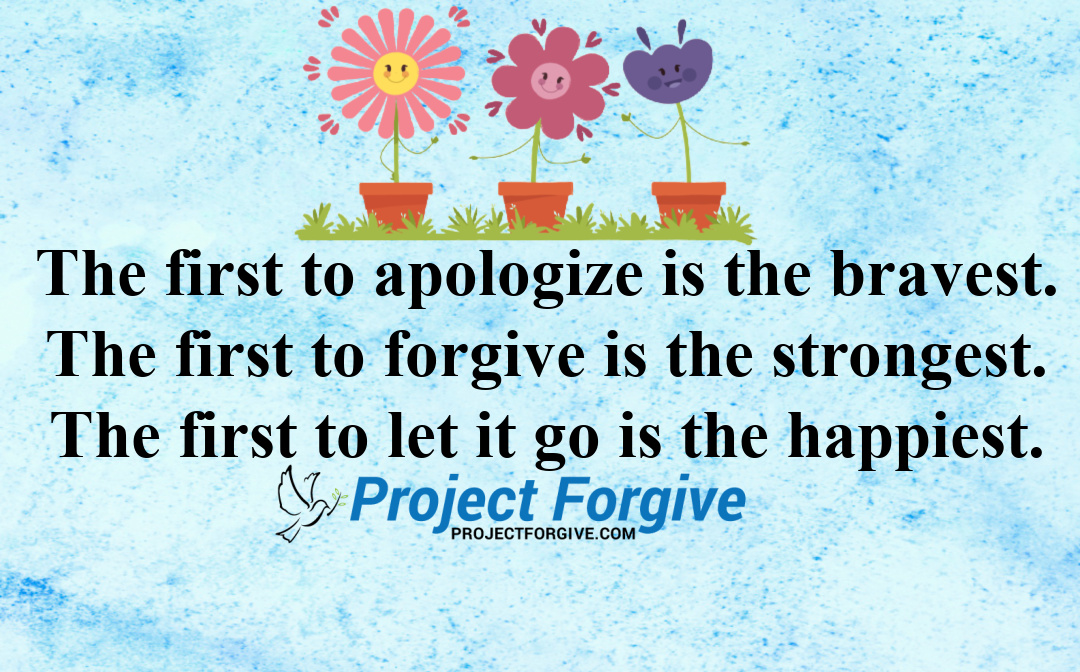All apologies are not created equal.
Distinguishing a real apology from an insincere one can be confusing and frustrating.
We’ve all done it where we’ve rushed an apology and the communication falls flat and insincere. Chances are also high you’ve been on the receiving end of an insincere apology, too.
The goal of this article is to educate you on communicating with authenticity to foster integrity, sincerity and a deeper connection in your relationships.
First are some phrases that land insincere and, in many cases, painful. Below those, are also some phrases that pave the way for repair and connection.

First, phrases of insincere (and ineffective) apologies to avoid:
No Ownership:
“I’m sorry you’re feeling bad.
“I’m sorry you’re hurt.”
“I’m sorry my words hurt your feelings.”
This missing part? No ownership. When someone is sincere, grounded and committed to making an amends, they own the hurt they caused, and they even promise to do better. They also inquire as to how they can make it up to you (examples how to do it effectively are below).
The “But” apology:
“I’m sorry but it’s all your fault.”
“I’m sorry I yelled, but if you didn’t press me, I wouldn’t have done it.”
“I’m sorry I lied, but I knew you were going to overreact anyway.”
“I’m sorry I cheated, but you weren’t giving me enough attention.”

“But” is about blame, period. It’s insincere, creates defensiveness and fosters deep divides, actually harming intimacy.
With that said, what are some connecting ways to apologize?
Phrases that foster connection and repair:
“I’m sorry. I’ll work on that.”
“I can see how hurt you are, and for that I’m truly sorry. What can I do to make amends?”
“I care about how you feel. I’m sorry. I’ll be more mindful because I care about you.”
“Thank you for telling me. I’m sorry. How can I make it up to you?”
“You matter to me. I’m sorry for the hurt I’ve caused you. I promise to work on this.”
Post by @projectforgiveView on Threads
To bridge the divide and mend relationships, adopting sincere language is critical for long-term intimacy and happiness.
By discerning between genuine apologies and insincere deflection, we pave the way for deeper connections and authentic reconciliation.
And isn’t closeness what we ultimately want in our relationships?
If inspired, please share.
Related Articles:
Transformative Power: How Forgiveness and An Unexpected Apology Reshapes Your Life
Ditching Defensiveness: Embracing Courage on the Path to Growth




